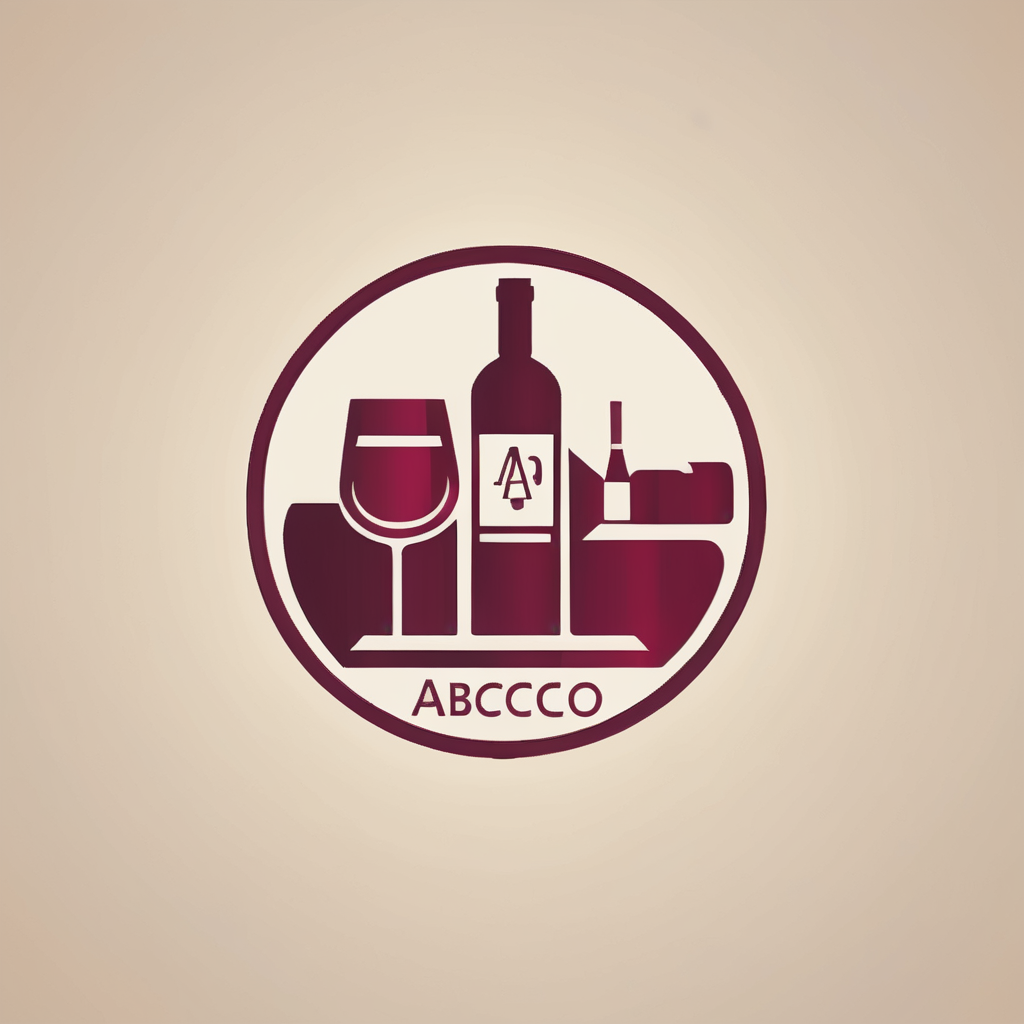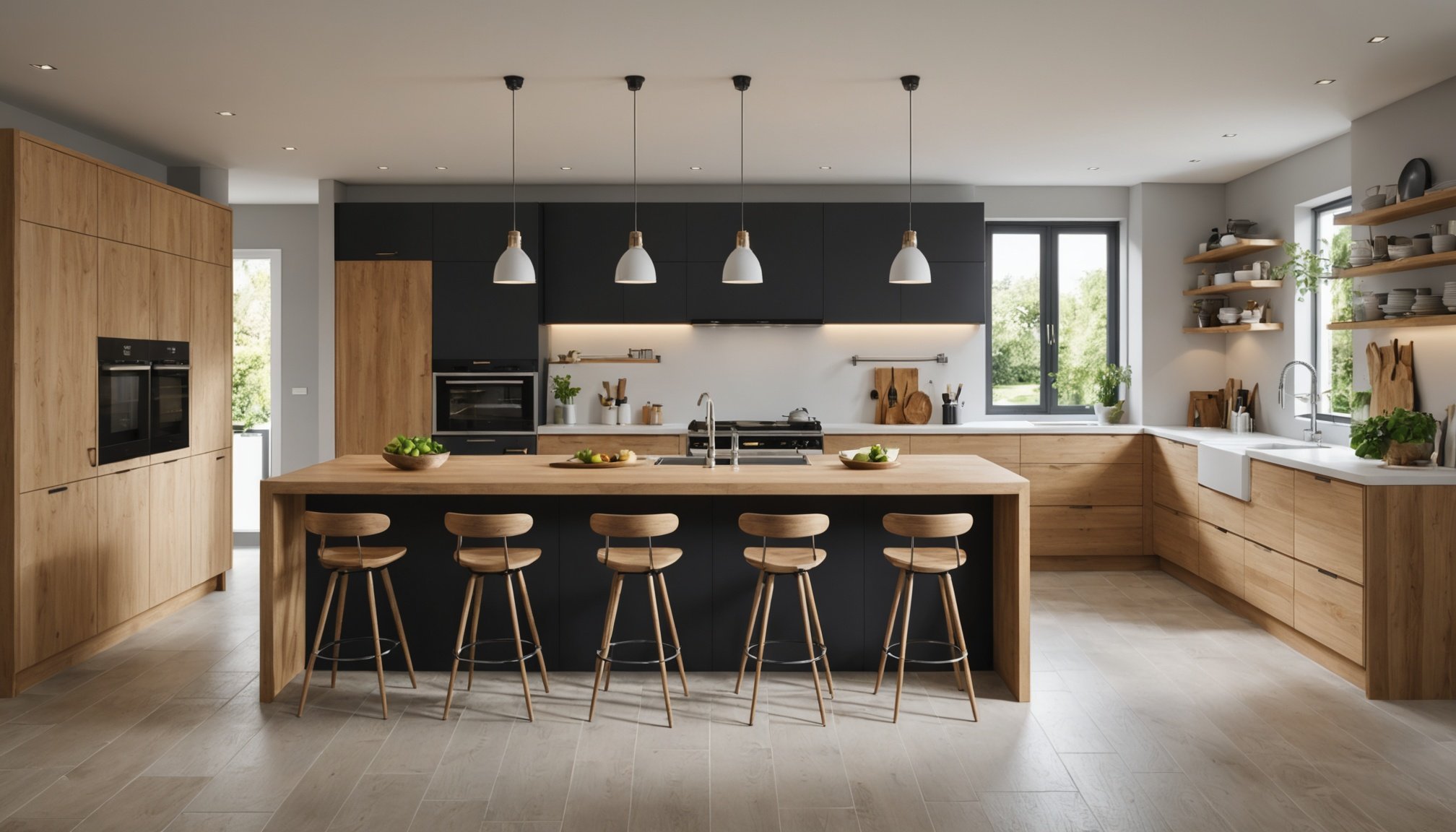The Role of Sustainable Design in Shaping UK Kitchen Trends
Sustainable kitchen design has become a central focus in UK kitchen renovations, reflecting a growing consumer demand for eco-friendly kitchens. Homeowners increasingly prioritise environmentally responsible choices, driving UK kitchen trends towards materials and layouts that minimise waste and energy use. This shift is underpinned by heightened awareness of climate impact and resource conservation.
Consumer preferences emphasize durable, recyclable materials and energy-efficient appliances. Kitchen renovation projects now frequently incorporate these elements to meet expectations for sustainability without sacrificing style or functionality. Professionals in the industry note that this trend is reshaping kitchen spaces into hubs of environmental consciousness.
In parallel : What’s Sparking the Latest Trends in UK Kitchens?
Eco-friendly kitchens in the UK often feature configurations that optimise natural light and enhance ventilation, reducing reliance on artificial lighting and mechanical systems. The integration of sustainable kitchen design principles not only supports greener living but also adds long-term value and appeal to homes.
Expert analysis confirms the continued evolution of kitchen trends, with sustainability as a key driver. This results in innovative kitchens that balance aesthetic appeal with responsible environmental impact—setting new standards for UK kitchen renovations.
Have you seen this : How are UK kitchen designs addressing the needs of eco-conscious consumers?
Popular Eco-Friendly Materials in Modern UK Kitchens
Sustainable kitchen design increasingly relies on recycled kitchen materials and low-impact options to support UK kitchen trends favouring eco-conscious renovations. Homeowners and designers prefer surfaces crafted from reclaimed wood or recycled glass, which reduce waste and resource use. For cabinetry, demand grows for eco-friendly kitchen cabinetry made from FSC-certified wood or rapidly renewable bamboo, both praised for sustainability credentials.
Why are these materials popular? The answer lies in their environmental benefits and durability. Recycled kitchen materials notably decrease landfill contribution, while bamboo provides a robust, attractive finish that renews quickly compared to traditional hardwoods. These qualities directly respond to consumer awareness prioritising sustainability in kitchen renovation projects.
UK suppliers have expanded their ranges, offering reclaimed timber and sustainable kitchen surfaces that maintain aesthetic appeal without compromising environmental responsibility. Such products show that the sustainable kitchen design movement combines style with substance, shifting UK kitchen trends toward greener, yet visually appealing, choices.
By integrating these materials, kitchens embrace both function and environmental ethics, representing a tangible step in sustainable renovation efforts. This approach exemplifies how material selection can profoundly influence a kitchen’s eco-friendliness and its alignment with evolving UK design trends.
Energy Efficiency and Smart Technology Adoption
Energy efficiency is a cornerstone of sustainable kitchen design, increasingly shaping UK kitchen trends. Homeowners now seek energy-efficient appliances that consume less power while maintaining high performance. Appliances like induction cooktops, low-energy refrigerators, and dishwashers rated with high energy star values are top choices. These reduce utility costs and carbon footprints, aligning with growing environmental awareness.
Smart kitchen technology complements these efforts by enabling precise control over energy use. Systems connected to apps allow users to schedule appliance operation, monitor consumption, and receive maintenance alerts. This proactive approach to energy management contributes directly to the sustainability of kitchen renovations.
LED lighting is another vital component. Its longevity and low electricity demand significantly cut energy use compared to traditional bulbs. Integration of motion sensors and dimmers further enhances efficiency.
Recent reports indicate rising adoption of these technologies among UK homeowners, driven by both eco-consciousness and long-term savings. In sum, combining energy-efficient appliances with intelligent kitchen technology advances sustainable kitchen solutions, reflecting a modern shift in how kitchens function while conserving resources.
Waste Reduction and Recycling Solutions
Incorporating kitchen recycling systems and effective waste management strategies has become a defining feature of modern UK kitchen renovations. Homeowners increasingly demand built-in recycling stations that streamline separation of plastics, glass, and paper right in the kitchen space. This convenience encourages regular recycling and reduces contamination, a key barrier to effective waste diversion.
Composting in kitchens also gains prominence as an eco-conscious solution. Integrated compost bins help divert organic waste from landfills, enabling sustainable kitchen design to extend beyond materials and energy into daily habits. These bins are often designed to be odor-resistant and space-efficient, fitting seamlessly into kitchen cabinetry.
Innovative storage solutions complement this shift by organising waste streams efficiently. For example, pull-out units specialised for recycling and composting improve accessibility and aesthetic coherence. Recent UK kitchen redesigns highlight how these systems decrease household waste while supporting sustainability.
These waste reduction methods respond to growing consumer awareness and stricter environmental standards. As a result, modern UK kitchens are evolving into functional hubs prioritising resource conservation and responsible disposal practices. This evolution underscores how sustainable kitchen renovation benefits not only the environment but also enhances daily usability and user engagement.
Expert Insights and Recent Industry Data
Industry experts in the UK highlight sustainable kitchen design as a transformative force in current UK kitchen trends. According to sustainable design experts UK, over 65% of recent kitchen renovations incorporate eco-conscious elements, indicating significant consumer prioritisation of sustainability. These professionals underscore that homeowners now seek not only stylish kitchens but also responsible, long-lasting solutions.
What motivates this shift? Kitchen trends statistics show environmental impact and energy savings as top concerns. This has driven demand for materials and technologies that reduce carbon footprints and resource waste. Experts stress that this mindset change shapes design decisions throughout renovation projects, from layout to appliance choice.
Several notable case studies demonstrate the practical application of these insights. For example, a London-based kitchen renovation integrated advanced sustainable kitchen surfaces with energy-efficient appliances and smart technology, cutting energy use by 40%. This aligns with broader sustainable home trends emphasizing integrated, holistic approaches.
In summary, expert analysis and data confirm that sustainability is no longer a niche preference but a core driver in UK kitchen renovations. These trends reflect a growing consensus that eco-friendly kitchens offer both environmental and lifestyle benefits, reinforcing their importance for future kitchen designs.



